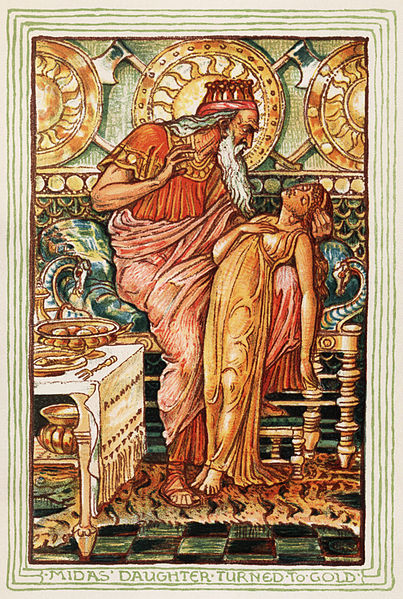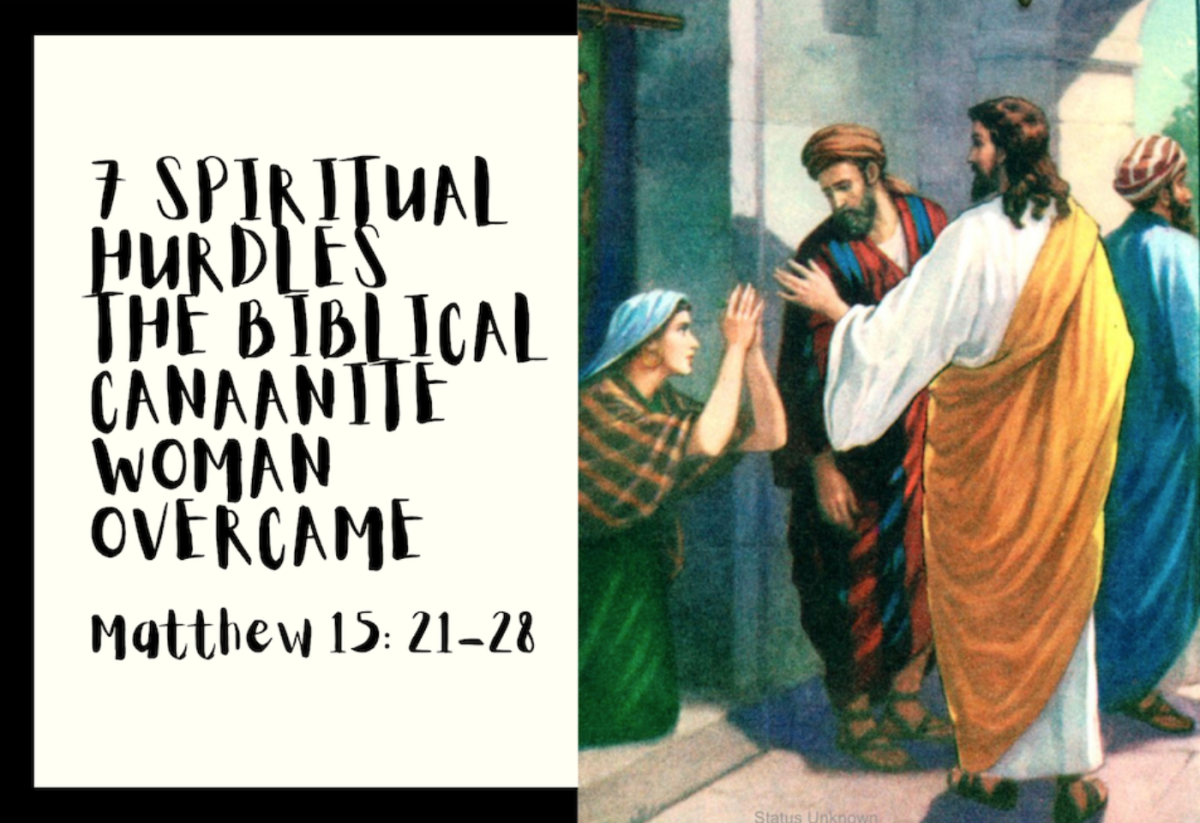Bible: What Does Matthew 19 Teach Us About Divorce and Wealth?
Avoid Sexual Immorality

Marriage Issues
view quiz statisticsMatthew 19: How Jesus Views Divorce/The Rich, Young Ruler
Jesus' View of Divorce
Jesus travels southeast to “Judea beyond the Jordan” where He continues His healing ministry (vv. 1-2).
[Perea is a region “extending from the Sea of Galilee almost to the Dead Sea” (Ryrie's New Testament Study Bible, 40).]
Here the Pharisees confront Him again, this time to test His view regarding a contemporary rabbinic debate: “Is divorce permissible for trivial reasons?” (v. 3).
As He always does, the Lord does not side with any Pharisaical party; instead, He references His ultimate authority, the Hebrew Scriptures, citing Genesis 1:27 and 2:24 to His opponents as if they were novices (“Have you not read . . .?”) [vv. 4-5].
God created mankind having two sexes; when marriage occurs between husband and wife, they become “one flesh”—a physical and spiritual unity that God formed and therefore human beings must not destroy (vv. 4-6).
Part two of their test brings Moses’ certificates of divorce into the controversy (v. 7).
Jesus argues that Moses granted a “concession with regard to God’s intention that marriage be lifelong and monogamous” (v. 8) [40].
[Did Moses, therefore, err when he permitted something that God did not allow or intend?
If God did allow him to introduce this “out,” why did He?]
"Sexual Immorality" is the Only "Out"
Christ now lays down His authoritative perspective on divorce: “sexual immorality” is the only “out”; otherwise, adultery occurs if one marries a divorcee, or if a divorced man marries another woman (v. 9).
After hearing this teaching, the disciples conclude that “if such is the case” in marriage—that is, only one narrowly interpreted “out” exists-- then it is better not to marry (v. 10).
Remaining celibate is a “gift” given to three kinds of “eunuchs”—those congenitally incapable, those made incapable, and those who voluntarily choose not to marry so that they could serve God more completely (vv. 11-12).
Before dealing with the case of the rich young ruler and its application (vv. 16-30), Jesus reviews His instruction on how God favors those who manifest childlike faith, correcting His disciples who rebuked parents for bringing their children to the Lord for His blessing (vv. 13-15; cf. 18:3).
[What was the disciples’ reasoning behind their prohibition?]
The Plight of the Rich

Rich Christians a Bad Thing?
Is it wrong to be a wealthy Christian?
John MacArthur
Rich Young Ruler and Jesus

What Keeps the Rich Out of the Kingdom?
An individual Matthew does not identify, whose coming to Jesus somehow amazes the apostle (“Now behold”), first addresses the Lord as “Good Teacher,” and then asks Him what one “good thing” he could do that would earn him eternal life (v. 16).
[Perhaps Matthew expressed surprise because he recognized that the individual was a rich man; rich men seldom care about Jesus and eternal life.
Ryrie notes, “Jews of the time believed that performing some single act would guarantee salvation” (New Testament Study Bible, 41).]
Interpreters must avoid basing their reaction on a superficial reading of Jesus’ response.
When He asks, “Why do you call Me good?” Christ is not distancing Himself from His own personal goodness or equality with God; instead, He is questioning why this person, who had no knowledge of His identity, addresses Him with a term referring exclusively and absolutely to God.
Then He tests the individual’s understanding of what God requires: perfect obedience to the commandments—a quality that no sinful man can achieve (vv. 17-19).
[The Lord leads the individual toward the knowledge of the truth by first making him ask himself,To Whom am I talking?
Second, Christ tells him to keep the commandments; He names only five from the original Mosaic list and then adds, “You shall love your neighbor as yourself.”
By directing this latter law pointedly at the young man’s use of his wealth, Jesus aims to show him that he cannot earn eternal life by doing “one good thing”; human “righteousness” cannot merit salvation.]
Do You Truly Love Your Neighbor as Yourself?
Finding the young man’s spiritual comprehension to be wanting—Jesus hears him say that he has accomplished “the basics” perfectly, but still knows that he lacks something on his resume—He puts His finger figuratively on the rich fellow’s sore spot: his dearly-beloved wealth (v. 20-21).
Unwilling to prove that he loved his neighbor as himself by parting with his money in order to gain eternal riches—not that divesting yourself of your wealth merits salvation—the young man departs sorrowfully, having been shown his sinfulness (v. 22).
Generalizing upon this most recent encounter, Christ asserts that the rich find entrance into “life” more difficult because they do not sense their need as readily as do the poor (v. 23).
Jesus’ expression “the eye of a needle” does not signify a name given to a narrow space through which a camel owner had a difficult time coaxing his animal to go (v. 24).
After hearing this analogy, the disciples do not stop wondering about the rich and salvation, but express concern about anyone making it into the kingdom (v. 25).
Christ assures them that no man has the ability to save himself; God, however, can accomplish anything He desires, especially save people (v. 26).
Spokesman Peter’s “What’s in it for us?” query seems selfish, as it surfaces their expectation to receive a great reward for abandoning what little possessions they had to follow Jesus (v. 27).
The Lord does not take His apostle’s word as a selfish remark, however, but plainly promises the twelve great judicial responsibilities in the Millennium (the “regeneration”) [v. 28].
In fact, He extends rewards to everyone who sacrifices various possessions to follow Him.
Inheriting “eternal life," therefore, does not refer to spiritual salvation alone, but also to a “substantial” entrance into the Messianic kingdom (v. 29).
Those believers who have genuinely sacrificed the most now and come in “last” by the world’s standards God will greatly honor in the kingdom (v. 30).







